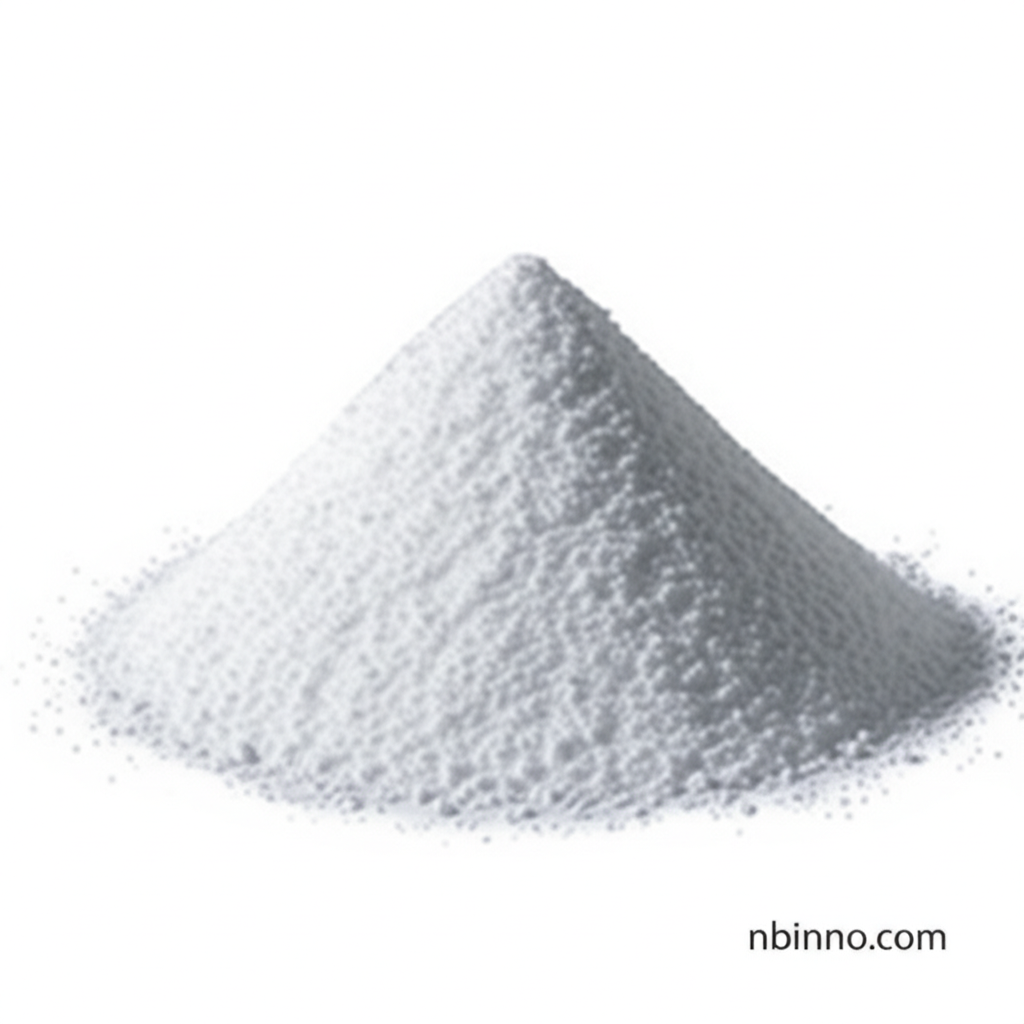Microcrystalline Cellulose: A Pillar in Pharmaceutical and Food Manufacturing
Discover the versatility and essential roles of Microcrystalline Cellulose in creating effective medicines and high-quality food products.
Get a Quote & SampleThe Core Value of Microcrystalline Cellulose

Microcrystalline Cellulose
Microcrystalline Cellulose (MCC) is a refined plant-derived powder celebrated for its exceptional physical and chemical properties. It serves as a critical excipient in pharmaceutical formulations, acting as a binder, filler, and disintegrant, ensuring tablets hold their form yet break down effectively for medication release. Its inert nature and excellent compressibility make it a preferred ingredient for direct compression methods. In the food industry, MCC functions as a bulking agent, stabilizer, and texture modifier, enhancing product quality and consumer appeal.
- Leveraging microcrystalline cellulose's use in pharmaceuticals, it ensures tablet integrity while facilitating rapid drug release, a key factor in medication efficacy.
- The excellent compressibility of MCC allows for the creation of robust tablets and capsules with consistent dosing and improved handling.
- As a microcrystalline cellulose food additive, it enhances texture and stability in a variety of processed foods, making it a versatile ingredient.
- The chemical inertness of Microcrystalline Cellulose ensures it does not react with active ingredients, preserving the potency and shelf-life of pharmaceutical products.
Key Advantages of Microcrystalline Cellulose
Exceptional Compressibility
MCC's ability to deform plastically under pressure creates strong inter-particle bonds, crucial for tablet manufacturing and ensuring product quality, a benefit well-documented in discussions around microcrystalline cellulose for tablets.
Enhanced Flowability
Its free-flowing nature improves powder handling during manufacturing, minimizing caking and ensuring consistent distribution of ingredients, a trait that elevates its use as a pharmaceutical excipient.
Multifunctional Role
Acting as a binder, filler, and disintegrant, MCC simplifies formulations, potentially reducing the number of excipients needed and streamlining production processes.
Key Applications of Microcrystalline Cellulose
Pharmaceutical Formulations
Essential for creating stable tablets and capsules, MCC is a cornerstone in drug delivery systems, directly impacting microcrystalline cellulose uses in pharmaceuticals.
Food Industry
Functions as a texturizer, stabilizer, and bulking agent, contributing to the quality and consistency of many processed food products.
Cosmetics and Personal Care
Used for its abrasive, absorbent, and viscosity-increasing properties in a wide range of skincare and cosmetic products.
Dietary Supplements
Aids in the formulation of vitamin and supplement tablets, providing bulk and binding properties.
